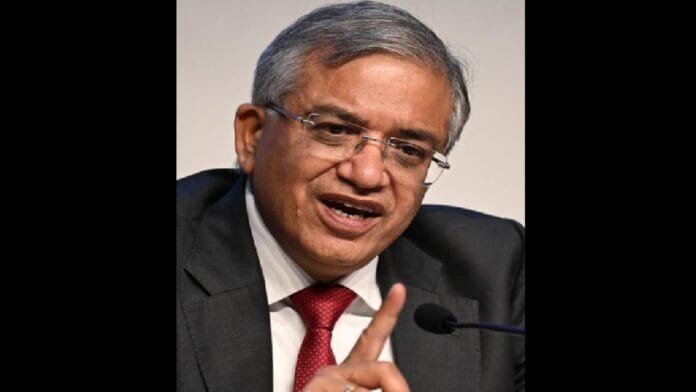The Chief Election Commissioner (CEC) Gyanesh Kumar and his family have been the target of unjustified harassment and personal insults in recent days, drawing a sharp rebuke from the Indian Administrative Service (IAS) fraternity.
“We strongly condemn unwarranted abuse and personal attacks against Hon’ble Chief Election Commissioner Shri Gyanesh Kumar and his family. We urge everyone to maintain respect and decorum, acknowledging his dedicated service and significant contributions towards the nation,” the IAS fraternity said in a post on X.
The rare statement of solidarity comes as Gyanesh Kumar faces escalating political heat, particularly after his press conference countering allegations by Congress leader Rahul Gandhi. Gandhi has levelled two separate charges—“vote theft” in Bengaluru’s Mahadevapura Assembly constituency allegedly to benefit the BJP, and irregularities in the ongoing Special Intensive Revision (SIR) of voter rolls in Bihar.
Breaking from convention, the CEC directly addressed the media during Gandhi’s ‘Voter Adhikar Yatra’, stressing that the SIR in Bihar was intended to remove shortcomings in electoral rolls and not manipulate them. Dismissing the “vote theft” charge as baseless and “an insult to the Constitution,” Kumar urged Rahul Gandhi to either submit an affidavit substantiating his claims or apologise to the country.
Opposition parties, however, remain unconvinced. Led by the Congress, they have accused the Election Commission of functioning as a partisan entity and claimed that Kumar was acting like a BJP spokesperson. They allege that the poll body failed to adequately address their concerns over the SIR exercise and is eroding public faith in its impartiality.
Many serving bureaucrats have echoed the IAS fraternity’s position that political disagreements should be settled in the political arena and not through personal attacks on public officials. As a constitutional authority, the Election Commission operates under its own legal framework, and bureaucrats emphasise that its officers act within prescribed rules.
The IAS fraternity’s united stand sends a clear message: while political debates over electoral processes are inevitable, personally targeting civil servants entrusted with constitutional duties crosses the line of democratic decency.




















